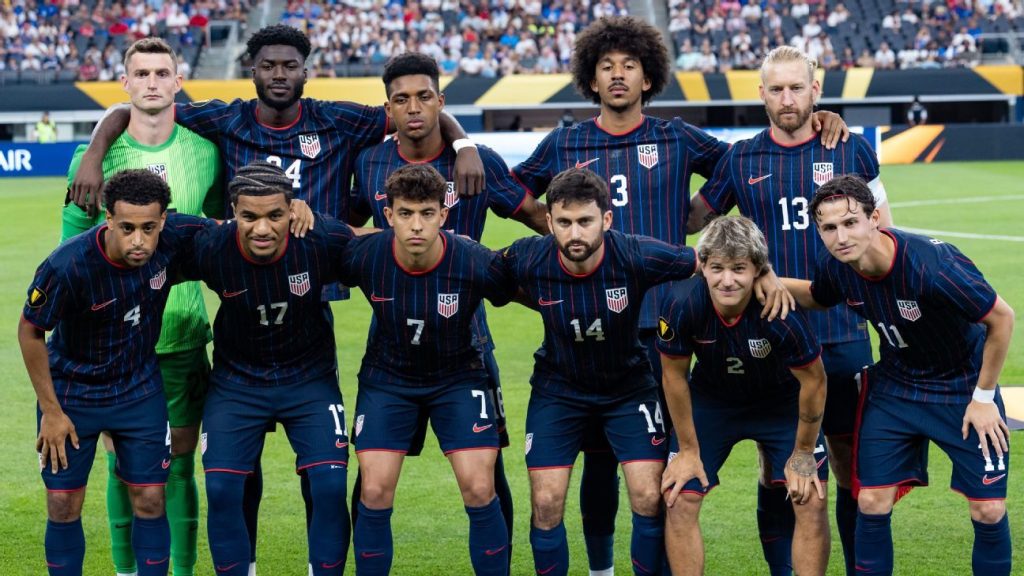The group stage of the Gold Cup has concluded. The U.S. men’s national team, composed largely of MLS players and some less established names, finished the group stage flawlessly. They scored eight goals and allowed only one, even defeating the only team that managed to beat Argentina in the last World Cup. Additionally, many new players are gaining much-needed experience ahead of next summer’s World Cup.
Is Everyone Pleased?
However, the general mood isn’t as positive as expected. An ongoing conflict involving top players, former team members, and the coach continues to overshadow the team’s success. The victories haven’t shifted the conversation significantly.
Performance Insights
Apart from the overwhelming 5-0 victory over Trinidad and Tobago, the other matches were less decisive. Against Saudi Arabia, the U.S. won with only five shots taken, scoring from a set piece. In their finale, they remained level with Haiti until Patrick Agyemang scored the winner in the 75th minute.
Questions Ahead
As the U.S. prepares for the quarterfinals against the 47th-ranked Costa Rica, we need to consider what this team can learn in the knockout rounds. Several questions regarding player positioning, team dynamics, and performance against stronger opponents need addressing.
Position Battles
One significant question is whether Matt Freese will remain the starting goalkeeper, especially after performances in pre-tournament friendlies indicated he might have overtaken Matt Turner, who struggled against Switzerland.
Player Development
Meanwhile, Johnny Cardoso’s expected rise in the midfield has seemingly stalled, as he has played limited minutes this tournament despite high expectations. The performance of other players, such as Tim Ream in defense and attacking midfielders like Malik Tillman and Jack McGlynn, is also under scrutiny as the competition intensifies.
Future Challenges
Ultimately, the challenge for coach Mauricio Pochettino will be refining the team’s pace and ball movement against stronger teams like Costa Rica. Early tournament metrics indicate a slower tempo in play, raising concerns about adapting to more aggressive opposition.



